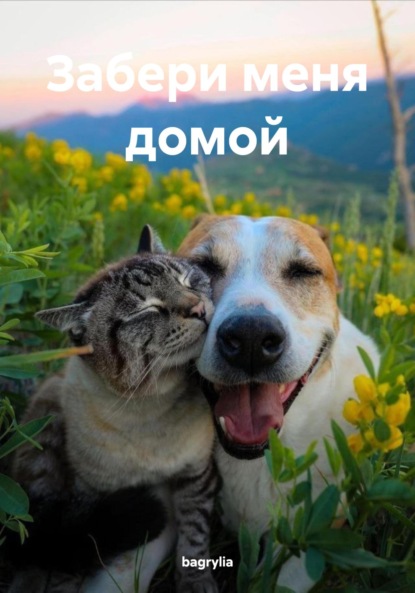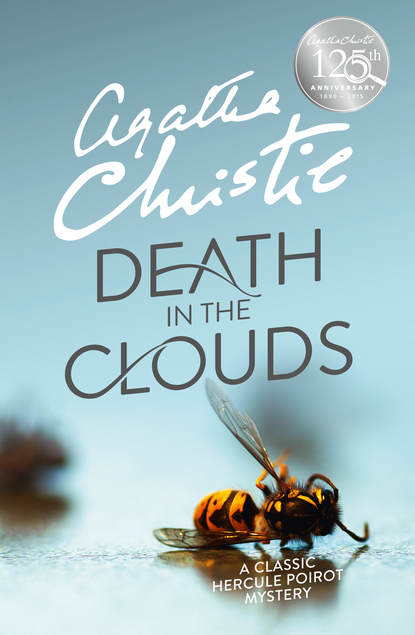По всем вопросам обращайтесь на: info@litportal.ru
(©) 2003-2024.
✖
Death in the Clouds
Автор
Год написания книги
2019
Настройки чтения
Размер шрифта
Высота строк
Поля
Bryant said, ‘She’s been dead at least half an hour.’
Their consultation was beginning to cause interest—heads were craned round looking at them. Necks were stretched to listen.
‘I suppose it might have been a kind of fit, like?’ suggested Mitchell hopefully.
He clung to the theory of a fit.
His wife’s sister had fits. He felt that fits were homely things that any man might understand.
Dr Bryant had no intention of committing himself. He merely shook his head with a puzzled expression.
A voice spoke at his elbow, the voice of the muffled-up man with the moustaches.
‘There is,’ he said, ‘a mark on her neck.’
He spoke apologetically, with a due sense of speaking to superior knowledge.
‘True,’ said Dr Bryant.
The woman’s head lolled over sideways. There was a minute puncture mark on the side of her throat.
‘Pardon—’ the two Duponts joined in. They had been listening for the last few minutes. ‘The lady is dead, you say, and there is a mark on the neck?’
It was Jean, the younger Dupont, who spoke.
‘May I make a suggestion? There was a wasp flying about. I killed it.’ He exhibited the corpse in his coffee saucer. ‘Is it not possible that the poor lady has died of a wasp sting? I have heard such things happen.’
‘It is possible,’ agreed Bryant. ‘I have known of such cases. Yes, that is certainly quite a possible explanation, especially if there were any cardiac weakness—’
‘Anything I’d better do, sir?’ asked the steward. ‘We’ll be at Croydon in a minute.’
‘Quite, quite,’ said Dr Bryant as he moved away a little. ‘There’s nothing to be done. The—er—body must not be moved, steward.’
‘Yes, sir, I quite understand.’
Dr Bryant prepared to resume his seat and looked in some surprise at the small muffled-up foreigner who was standing his ground.
‘My dear sir,’ he said, ‘the best thing to do is to go back to your seat. We shall be at Croydon almost immediately.’
‘That’s right, sir,’ said the steward. He raised his voice. ‘Please resume your seats, everybody.’
‘Pardon,’ said the little man. ‘There is something—’
‘Something?’
‘Mais oui, something that has been overlooked.’
With the tip of a pointed patent-leather shoe he made his meaning clear. The steward and Dr Bryant followed the action with their eyes. They caught the glint of yellow and black on the floor half concealed by the edge of the black skirt.
‘Another wasp?’ said the doctor, surprised.
Hercule Poirot went down on his knees. He took a small pair of tweezers from his pocket and used them delicately. He stood up with his prize.
‘Yes,’ he said, ‘it is very like a wasp; but it is not a wasp!’
He turned the object about this way and that so that both the doctor and the steward could see it clearly, a little knot of teased fluffy silk, orange and black, attached to a long, peculiar-looking thorn with a discoloured tip.
‘Good gracious! Good gracious me!’ The exclamation came from little Mr Clancy, who had left his seat and was poking his head desperately over the steward’s shoulder. ‘Remarkable, really very remarkable, absolutely the most remarkable thing I have ever come across in my life. Well, upon my soul, I should never have believed it.’
‘Could you make yourself just a little clearer, sir?’ asked the steward. ‘Do you recognize this?’
‘Recognize it? Certainly I recognize it.’ Mr Clancy swelled with passionate pride and gratification. ‘This object, gentlemen, is the native thorn shot from a blowpipe by certain tribes—er—I cannot be exactly certain now if it is South American tribes or whether it is the inhabitants of Borneo which I have in mind; but that is undoubtedly a native dart that has been aimed by a blowpipe, and I strongly suspect that on the tip—’
‘Is the famous arrow poison of the South American Indians,’ finished Hercule Poirot. And he added, ‘Mais enfin! Est-ce que c’est possible?’
‘It is certainly very extraordinary,’ said Mr Clancy, still full of blissful excitement. ‘As I say, most extraordinary. I am myself a writer of detective fiction; but actually to meet, in real life—’
Words failed him.
The aeroplane heeled slowly over, and those people who were standing up staggered a little. The plane was circling round in its descent to Croydon aerodrome.
CHAPTER 3 (#u14277668-ffc9-5411-b8b8-4656af130604)
Croydon (#u14277668-ffc9-5411-b8b8-4656af130604)
The steward and the doctor were no longer in charge of the situation. Their place was usurped by the rather absurd-looking little man in the mufflers. He spoke with an authority and a certainty of being obeyed that no one thought of questioning.
He whispered to Mitchell, and the latter nodded, and, pushing his way through the passengers, he took up his stand in the doorway leading past the toilets to the front car.
The plane was running along the ground now. When it finally came to a stop Mitchell raised his voice:
‘I must ask you, ladies and gentlemen, to keep your seats and remain here until somebody in authority takes charge. I hope you will not be detained long.’
The reasonableness of this order was appreciated by most of the occupants of the car, but one person protested shrilly.
‘Nonsense,’ cried Lady Horbury angrily. ‘Don’t you know who I am? I insist on being allowed to leave at once.’
‘Very sorry, my lady. Can’t make exceptions.’
‘But it’s absurd, absolutely absurd,’ Cicely tapped her foot angrily. ‘I shall report you to the company. It’s outrageous that we should be shut up here with a dead body.’
‘Really, my dear,’ Venetia Kerr spoke with her well-bred drawl, ‘too devastating, but I fancy we’ll have to put up with it.’ She herself sat down and drew out a cigarette-case. ‘Can I smoke now, steward?’
The harassed Mitchell said, ‘I don’t suppose it matters now, Miss.’
He glanced over his shoulder. Davis had disembarked the passengers from the front car by the emergency door and had now gone in search of orders.
The wait was not a long one, but it seemed to the passengers as though half an hour at least had passed before an erect soldierly figure in plain clothes, accompanied by a uniformed policeman, came hurriedly across the aerodrome and climbed into the plane by the door that Mitchell held open.

















